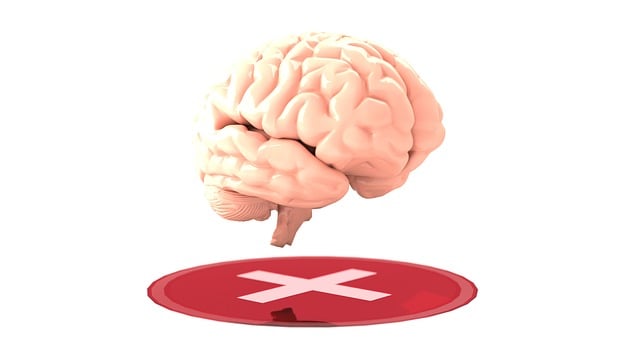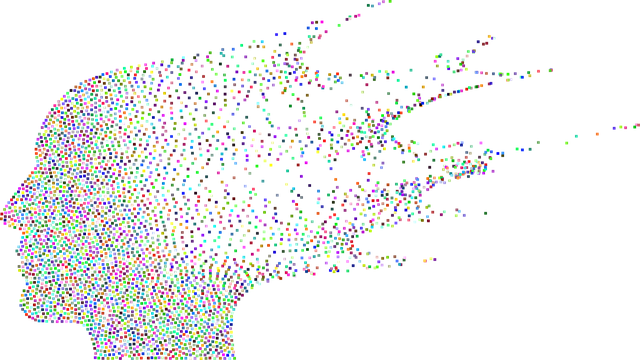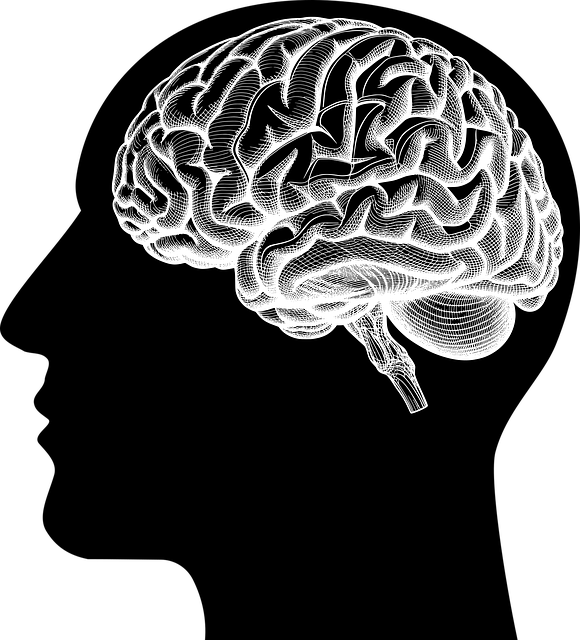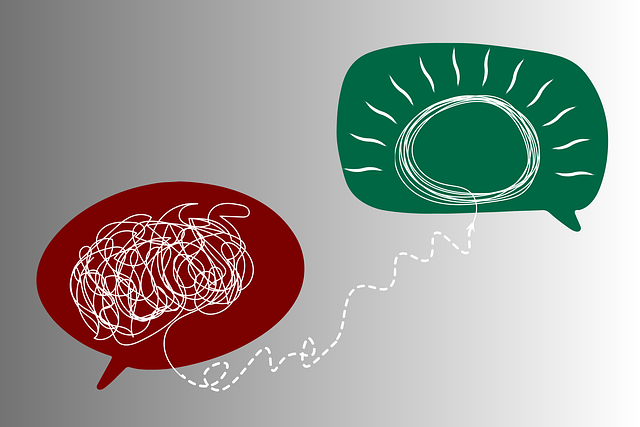Mental health advocacy groups like Parker Hebrew Speaking Therapy play a crucial role in promoting community support and well-being by raising awareness, educating people on stress management and conflict resolution, and reducing stigma. Their culturally sensitive approach, offering therapy in Hebrew, bridges linguistic gaps, builds trust, and fosters deeper connections for diverse communities. Through these initiatives, Parker Hebrew Speaking Therapy strengthens individual resilience, enhances social cohesion, and improves access to mental health services, ultimately transforming communities into supportive environments.
Mental health advocacy initiatives play a pivotal role in fostering community support and promoting well-being. This article explores the significance of such efforts, with a focus on unique approaches like Parker Hebrew Speaking Therapy, which bridges cultural gaps. We delve into strategies for effective advocacy, highlighting their potential to empower individuals and transform societies. By understanding mental health advocacy, we can create a more inclusive and supportive environment for all, including communities served by innovative practices like Parker Hebrew Speaking Therapy.
- Understanding Mental Health Advocacy: The Role of Initiatives in Community Support
- Parker Hebrew Speaking Therapy: A Unique Approach to Reach Diverse Communities
- Strategies for Effective Mental Health Advocacy: Empowering Individuals and Societies
Understanding Mental Health Advocacy: The Role of Initiatives in Community Support

Mental health advocacy initiatives play a crucial role in fostering community support and enhancing mental well-being. These initiatives, often driven by passionate individuals or organizations like Parker Hebrew Speaking Therapy, aim to raise Mental Health Awareness, promote understanding, and reduce the stigma associated with mental illness. Through various programs and events, they educate communities on Stress Reduction Methods and Conflict Resolution Techniques, empowering individuals to recognize and address mental health challenges early on.
By integrating these advocacy efforts into local fabric, communities become more inclusive and supportive. Such initiatives encourage open conversations about mental health, ensuring that those in need feel heard and understood. In turn, this proactive approach can significantly impact the overall mental health of the community, fostering resilience and improving access to effective support systems like Parker Hebrew Speaking Therapy’s specialized services.
Parker Hebrew Speaking Therapy: A Unique Approach to Reach Diverse Communities

Parker Hebrew Speaking Therapy takes a unique and culturally sensitive approach to mental health support, recognizing the importance of reaching diverse communities where traditional therapy services may be limited. This initiative focuses on providing therapeutic care in Hebrew, catering to individuals who primarily speak and prefer this language, ensuring effective communication and building trust. By offering self-care practices tailored to individual needs, Parker Hebrew Speaking Therapy promotes positive thinking and enhances self-awareness exercises, creating a safe space for clients to explore their mental health concerns.
Their innovative strategy not only addresses the linguistic barrier but also cultural nuances, allowing for deeper connections and more meaningful therapy sessions. This specialized service is particularly impactful in multicultural societies where finding therapists who speak minority languages can be challenging. By embracing this diverse approach, Parker Hebrew Speaking Therapy ensures that self-awareness exercises and positive thinking techniques are accessible to all, fostering a supportive environment for improved mental well-being.
Strategies for Effective Mental Health Advocacy: Empowering Individuals and Societies

Mental health advocacy initiatives play a pivotal role in fostering communities that prioritize well-being and resilience. To be truly effective, these strategies must empower individuals while also advocating for societal change. One such initiative, championed by organizations like Parker Hebrew Speaking Therapy, focuses on holistic approaches that integrate resilience building and compassion cultivation practices. These methods not only strengthen individual coping mechanisms but also foster deeper connections within communities, enhancing collective mental health.
Cultural sensitivity in mental healthcare practice is another crucial element. By acknowledging and addressing the unique cultural needs of diverse populations, advocacy initiatives can ensure inclusive support systems. This involves integrating cultural sensitivity in mental healthcare practice to create safe spaces where individuals feel understood and embraced, ultimately leading to more effective treatment outcomes and stronger social bonds.
Mental health advocacy initiatives, such as Parker Hebrew Speaking Therapy, play a pivotal role in fostering community support and reaching diverse populations. By employing unique approaches, these initiatives empower individuals while enhancing societal understanding of mental health. Strategies for effective advocacy, highlighted throughout this article, underscore the importance of inclusive dialogue and empowerment, ultimately transforming communities and revolutionizing mental healthcare accessibility.














